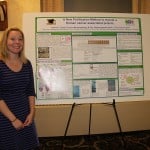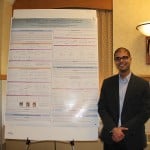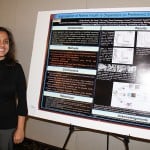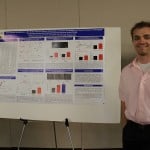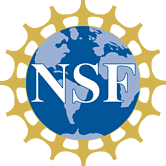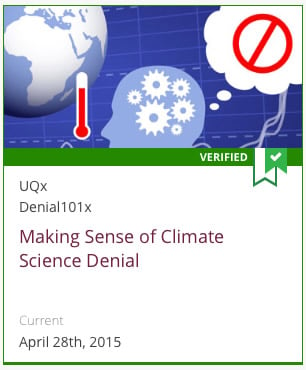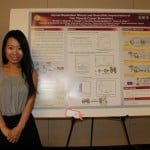
LSTI 1st Annual Research Forum a Success
The First Annual Research Forum sponsored by the Life Science and Technology Institute was held Sept. 24 and 25. Twenty-seven graduate and undergraduate students conducting research in life science, biotechnology, human health and related areas presented posters.
Among the Graduate Merit Award winners was:
Ni Fan (Chem)—”Glycan-Dependent Mutual and Reversible Sequestration,” Advisor: Dam
Read more at Tech Today. View the photo gallery “Life Sciences at Michigan Tech.”
More participants from the Department of Chemistry:
